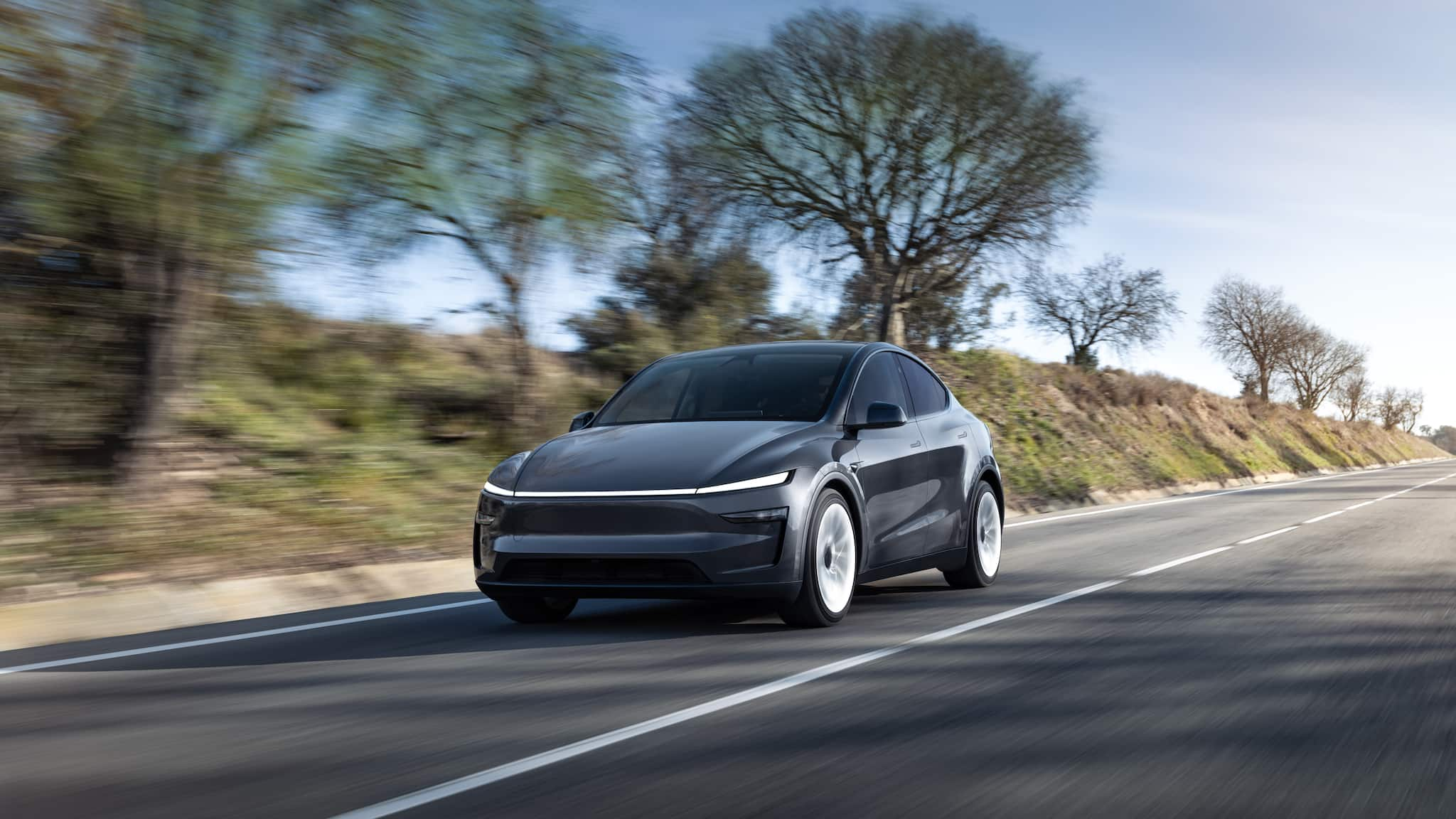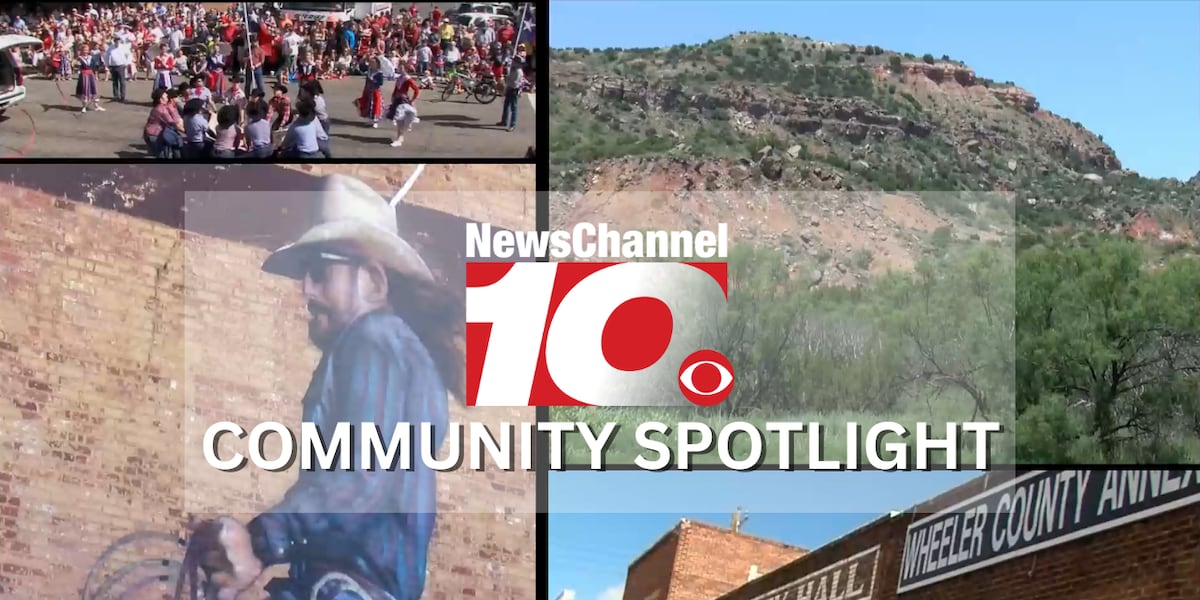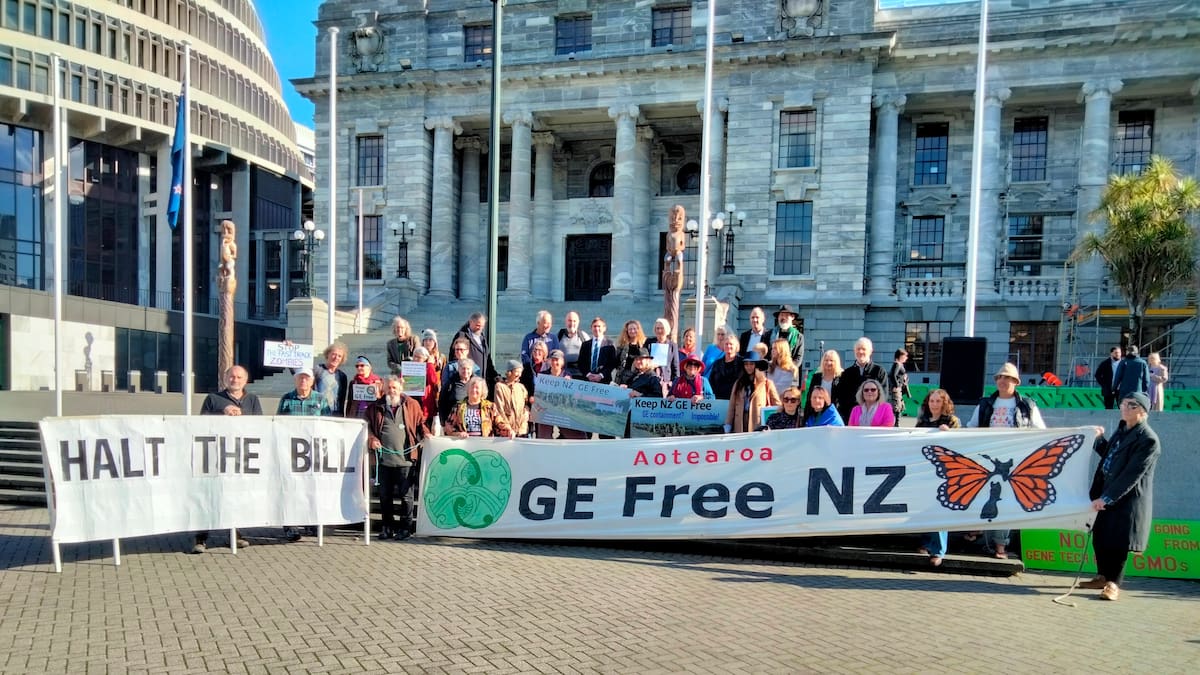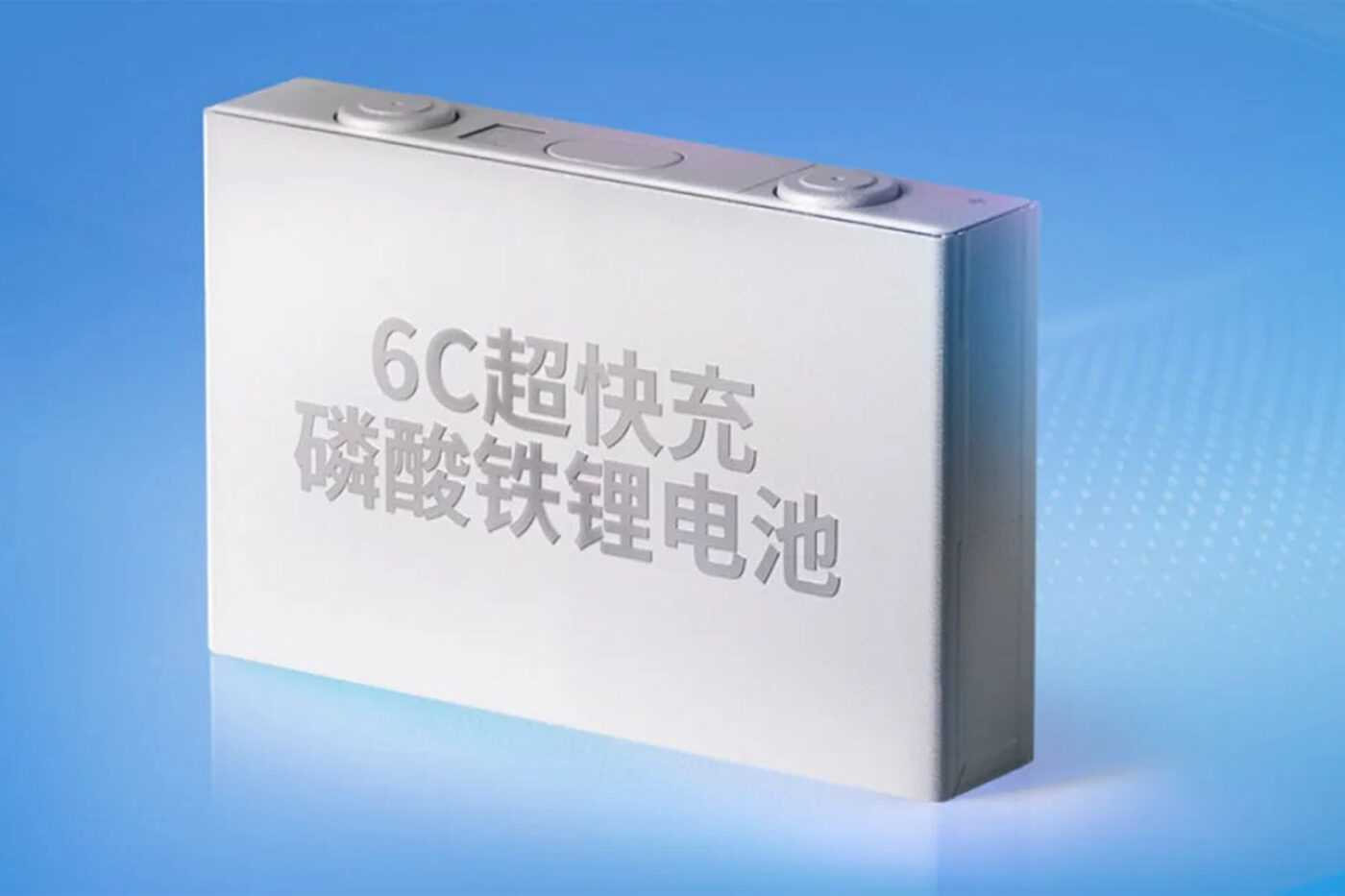Tesla Autopilot Trial: Family Seeks Justice in Fatal Crash, Shaping the Future of Driver-Assist Tech

A landmark trial is underway in Miami, Florida, where Tesla faces scrutiny over a fatal crash involving its Autopilot driver-assist technology. The case, a rare federal lawsuit, centers on the death of Jose Alejandro Cuautle, who was killed when his Tesla Model 3 collided with a concrete barrier while using Autopilot. The case is not just about one tragic event; it’s about the broader safety implications of driver-assist systems and the claims made by Tesla CEO Elon Musk regarding their capabilities.
The Core of the Case: Negligence and Safety Concerns
The Cuautle family alleges that Tesla was negligent in the design, testing, and marketing of its Autopilot system. They argue that the system's limitations weren't adequately communicated to drivers, and that Tesla fostered a culture of over-reliance on the technology, leading to dangerous situations. Specifically, the lawsuit claims that Autopilot failed to detect the concrete barrier and that Tesla’s “Full Self-Driving” (FSD) beta software was rushed to market without sufficient safety testing.
Emotional Testimony and Key Evidence
The courtroom has been filled with emotional testimony from family members and expert witnesses. Key evidence being presented includes data logs from the Tesla vehicle, demonstrating how Autopilot behaved in the moments leading up to the crash. Experts are analyzing this data to determine whether the system malfunctioned or if the driver was unduly reliant on the technology. The trial is expected to delve into Tesla’s internal testing procedures, engineering decisions, and marketing materials to assess whether the company adequately warned drivers about Autopilot's limitations.
Elon Musk's Role and Tesla’s Defense
While Elon Musk is not directly involved in the trial, his public statements about Autopilot and FSD are being scrutinized. Tesla’s defense is likely to focus on driver responsibility, arguing that Cuautle was distracted or failed to maintain proper vigilance while using Autopilot. They may also highlight Tesla’s efforts to improve the system and warn drivers about its limitations through software updates and owner's manuals. However, the plaintiff’s attorneys are expected to counter that Tesla’s marketing and naming conventions (e.g., “Autopilot” and “Full Self-Driving”) created a misleading impression of the system's capabilities.
Implications for the Future of Driver-Assist Technology
The outcome of this trial could have significant ramifications for the entire driver-assist technology industry. A ruling against Tesla could lead to stricter regulations, increased liability for automakers, and a greater emphasis on driver education and training. It could also force companies to be more transparent about the limitations of their systems. Conversely, a ruling in favor of Tesla could reinforce the current approach to driver-assist technology development and deployment. Regardless of the outcome, this case serves as a crucial reminder that driver-assist systems are not fully autonomous and require constant driver attention and engagement.
Beyond the Courtroom: Ongoing Scrutiny
This trial comes amidst increasing scrutiny of Tesla’s Autopilot system from regulators and safety agencies, including the National Highway Traffic Safety Administration (NHTSA). NHTSA is currently investigating numerous crashes involving Tesla vehicles using Autopilot, and has issued recalls related to the system's performance. The outcome of the Cuautle case, combined with these ongoing investigations, will undoubtedly shape the future landscape of driver-assist technology and the legal framework governing its use.






